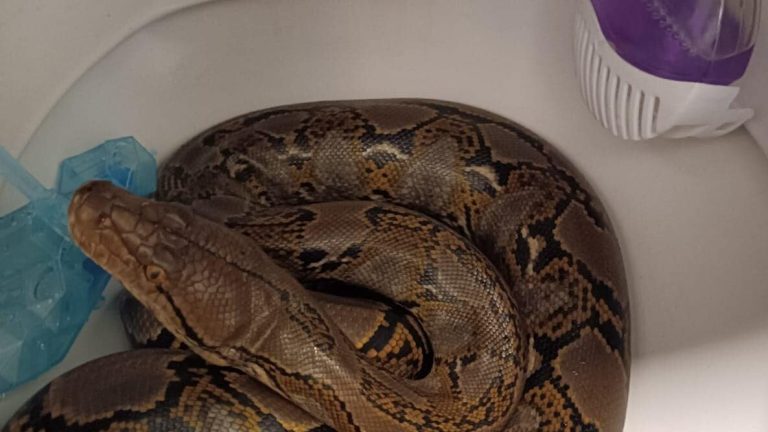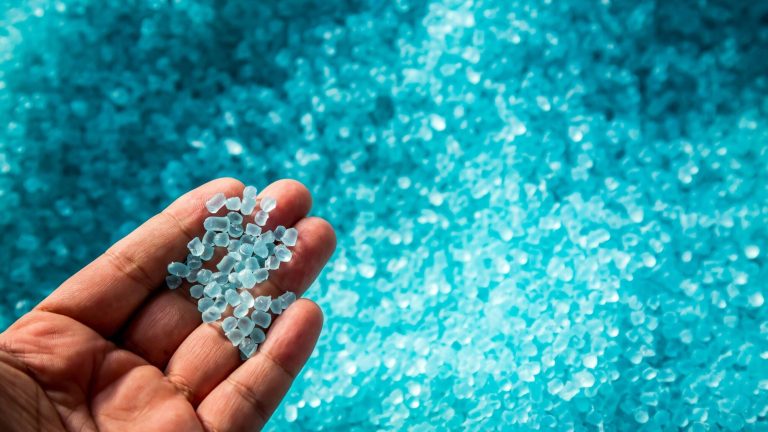They are the most caring parents among animals. You won't believe who we're talking about

According to scientists, a certain species of predatory birds turned out to be the most protective of all animals.
In the animal kingdom, parental roles are often clearly separated – this also applies to birds.
Whether we think of robins or owls, the female incubates the eggs while the male provides food for the family. Sometimes birds take turns caring for their offspring and then both parents take over hatching and feeding – as is the case, for example, with swans. However, it is the mother birds that do most of the hatching.
Brown caracaras parents of the year
It's very rare for the caregiving work to be divided equally: a new study published in the Journal of Raptor Research named the brown caracara species parents of the year.
The division of labor between the birds of this falcon family is exemplary – because both parents take equal care of the upbringing of their chicks.
Whether it's incubating eggs, caring for the nest or foraging for food, caracaras share all the tasks they have to do with their offspring. A team led by PhD student Diego Gallego-García from the Center for the Research and Conservation of Birds of Prey in Argentina (CECARA) confirmed this relationship. During the 2016 and 2017 breeding season, a group of scientists observed a total of 70 brown caracara nests – they took a closer look at the behavior of the new parents.
The involvement of both parents is a guarantee of breeding success
According to the study, the division of tasks is crucial for the breeding success of birds of prey. Due to the fact that both parents take over all responsibilities related to the care of the brood, the offspring are always well cared for.
Moreover, the researchers managed to show that parents knew exactly what their offspring needed when sharing tasks. Both the male and the female were able to respond in detail to the needs of their offspring and adapt the care of the brood to the appropriate stages of chick development.






